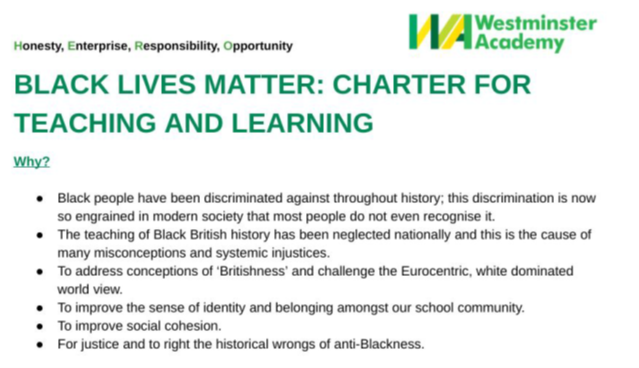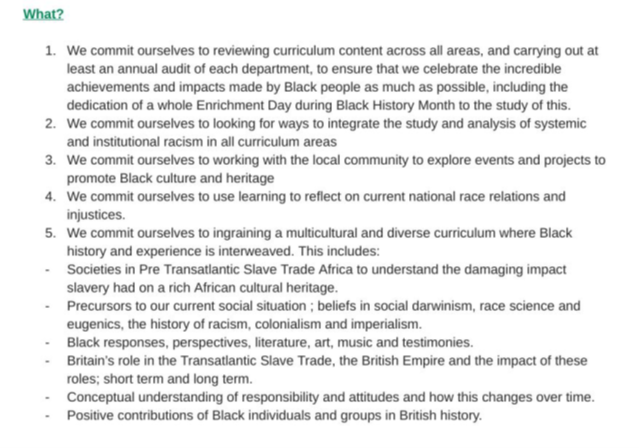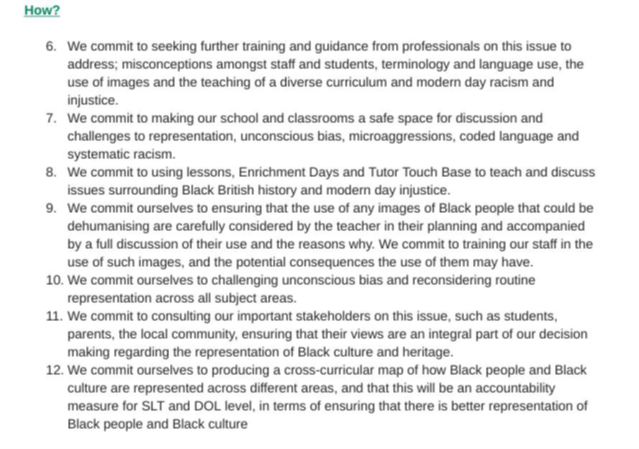
An excerpt from an SSAT Leadership Legacy Project think-piece written by Charlotte Nicholas from Westminster Academy.
The tragic death of George Floyd on 25th May 2020 undeniably created ripples across the world. Like many, I have read popular works like Why I’m no longer talking to white people about race by Renni Eddo Lodge and Natives: Race and Class in the Ruins of Empire by Akala which are an excellent starting point to educate oneself on these deep issues. My grasp of the full extent of institutionalised racism that exists in our country is still being developed by my own desire to learn and question the status quo.
Teaching in inner London schools has given me a window into understanding the level of inequality and poverty in the UK. Whilst in the past I had been able to understand and become frustrated by these issues, this was more implicit rather than something I could really grasp or connect all the dots and make decisions about how I might make an impact. This is partially because before the summer of 2020, I’m ashamed to admit, I hadn’t deeply questioned how I got to where I am in life and the undeniable privilege that the combination of my whiteness, social class and education has given me and how all of these factors are so deeply intertwined. Although I was able to see that our system is not fair or right in the way it fails so many, I did not yet have an understanding of the way in which racism is so deeply established in our systems in the UK, what white privilege is, how it disseminates and the level of entrenched implicit bias.
Clearly it was time for some more education on my part and some thinking about what I might be able to do even in the very limited remit that I have as one teacher, in one school, in London, England.
The national curriculum for history has only one mandatory topic, the Holocaust. In order for teachers to teach Black British history, the curriculum relies on teachers having the knowledge, confidence and desire for Black history to be taught in light of the latest historiographical approaches and findings and teachers placing importance on voices and experiences of Black individuals. The national curriculum is open to interpretation and this in itself is hugely problematic.
We decided to establish a Black Lives Matter focus group, to lead the development of a whole-school approach to race and equality. This group led a process of consultation and training for staff and supported with the process of curriculum development. We consulted students about their experiences and developed a charter to establish a shared understanding across the academy. You can read Westminster Academy’s Black Lives Matter Teaching and Learning Charter below.
If you would like to read Charlotte’s think-piece in full, you can find it here.



